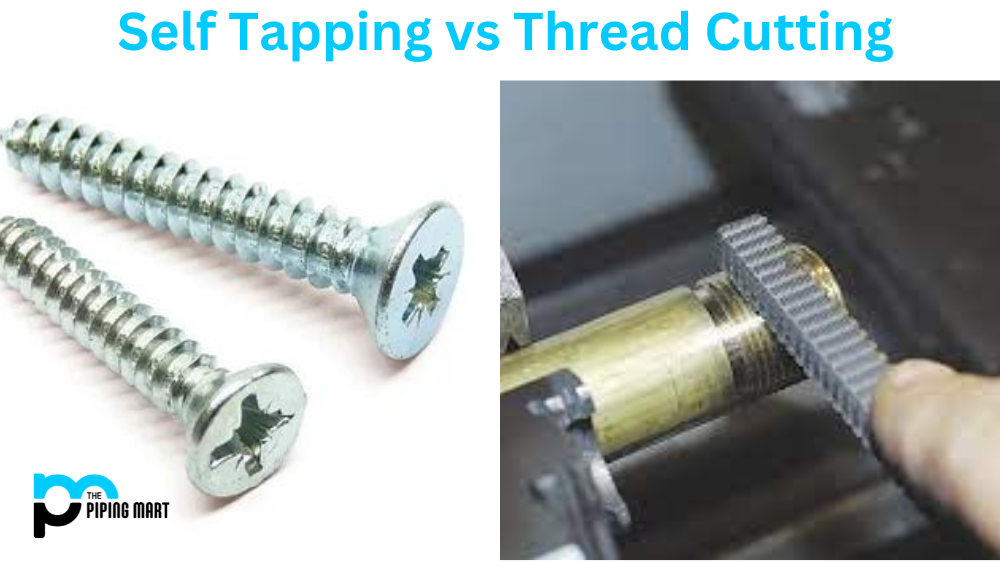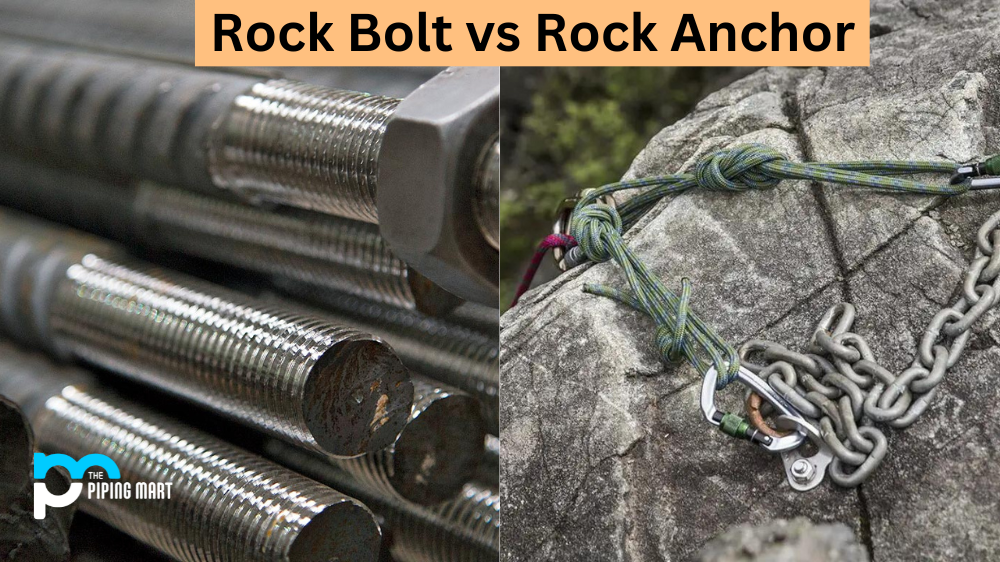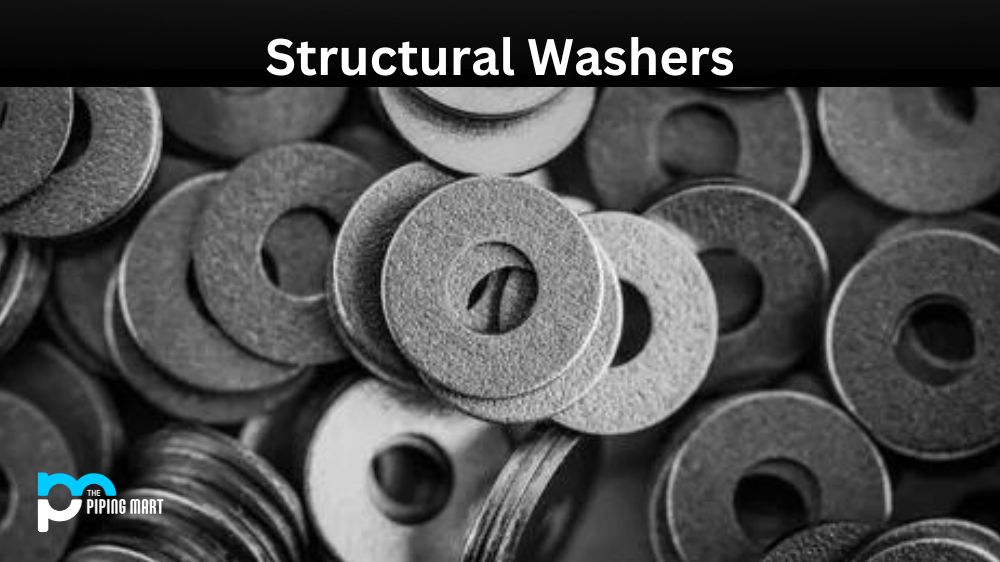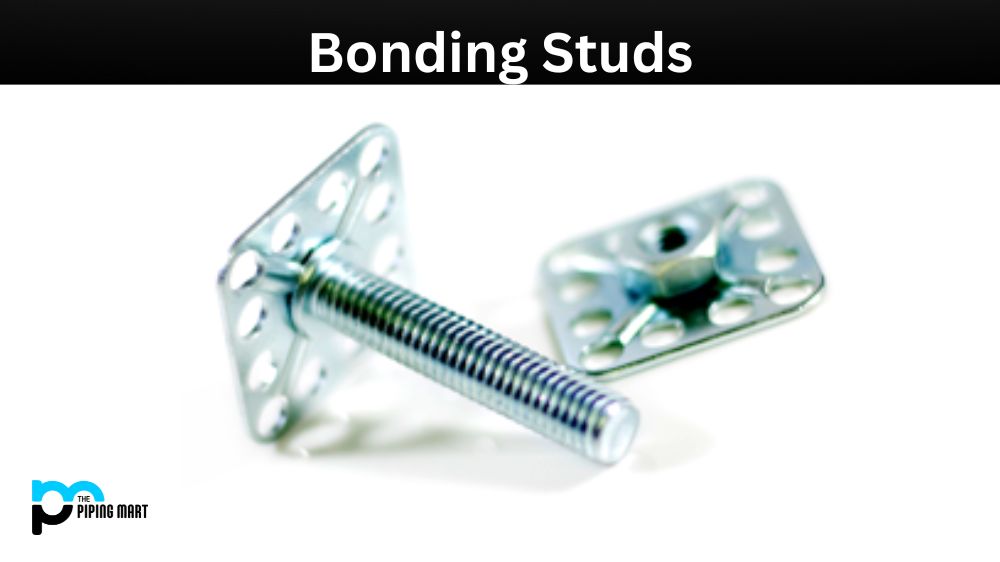When creating threads in metal, there are two main options to choose from – self-tapping screws or thread-cutting screws. While both serve the same general purpose, there are some critical differences between the two that can have an impact on their intended use. This blog post explores the pros and cons of self-tapping screws versus thread-cutting screws to help determine which is best for your project.
Self-Tapping Screws
Self-tapping screws are designed to cut their threads as they are driven into the metal. They feature a sharp point that can pierce through the metal surface, creating a hole slightly smaller than the diameter of the screw. As the screw is screwed in, it carves its own threads into the metal, allowing it to hold securely in place.
One of the most significant benefits of self-tapping screws is their convenience. Because they create their threads, there is no need to predrill a hole into the metal. This can save time and effort, especially when working with harder metals that are more difficult to drill through.
Self-tapping screws are also versatile. Because they can create their own threads, they can be used in various applications and materials. They are commonly used in automotive, construction, and electronic projects.
However, one potential drawback of self-tapping screws is that they may not be as secure as thread-cutting screws. Because they create their own threads, they may not be as precise or robust as those made by a thread-cutting screw. This could result in the screw becoming loose or stripped over time.
Thread-Cutting Screws
Thread-cutting screws, as the name suggests, are designed to cut threads into the metal as they are screwed in. Rather than using a sharp point to pierce through the metal, thread-cutting screws feature a unique tri-lobular design that allows them to cut threads gradually into the metal as they are screwed in.
One of the most significant benefits of thread-cutting screws is their strength. Because they cut precise threads into the metal, they are generally considered more robust and secure than self-tapping screws. This can be especially important in applications where the screw will support a heavy load or where there will be much vibration.
Another advantage of thread-cutting screws is their ability to work well with harder metals. Because they don’t rely on a sharp point to pierce through the metal, they can be used in materials like stainless or hardened steel that may be too hard for self-tapping screws.
However, thread-cutting screws do have some drawbacks. They require predrilled holes, which can be time-consuming and may require special tools. They are also less versatile than self-tapping screws, as they may not work well with softer or more pliable materials.
Difference Between Self-Tapping and Thread Cutting
- Self-tapping screws are made with a sharp point that allows them to cut their threads as they are driven into a material. This makes them ideal for soft materials like wood, plastic, and metal.
- Thread-cutting screws have a sharp point and require a pilot hole to be drilled before they can be used. This makes them ideal for hard materials such as concrete and brick.
- Self-tapping screws are typically made from softer metals such as brass, aluminium, or copper. This makes them less likely to damage the material they are being driven into.
- Thread-cutting screws are typically made from harder metals such as steel or stainless steel. This makes them more durable and less likely to strip the threads they are cutting.
- Self-tapping screws are typically easier to remove than thread-cutting screws. This is because the threads they cut are not as deep or intense.
Conclusion
Choosing between self-tapping screws and thread-cutting screws ultimately comes down to your specific project needs. While self-tapping screws may be more convenient and versatile, they may not be as strong or secure as thread-cutting screws. On the other hand, thread-cutting screws may require more prep work and tools, but they offer superior strength and durability. By considering the pros and cons of each, you can make an informed decision and select the type of screw that will provide the best results for your application.

Meet Bhavesh, a seasoned blogger with a wealth of knowledge and experience. From metal products manufacturing to retail, Bhavesh has a diverse background in various industries and is dedicated to sharing his insights and expertise with readers.




